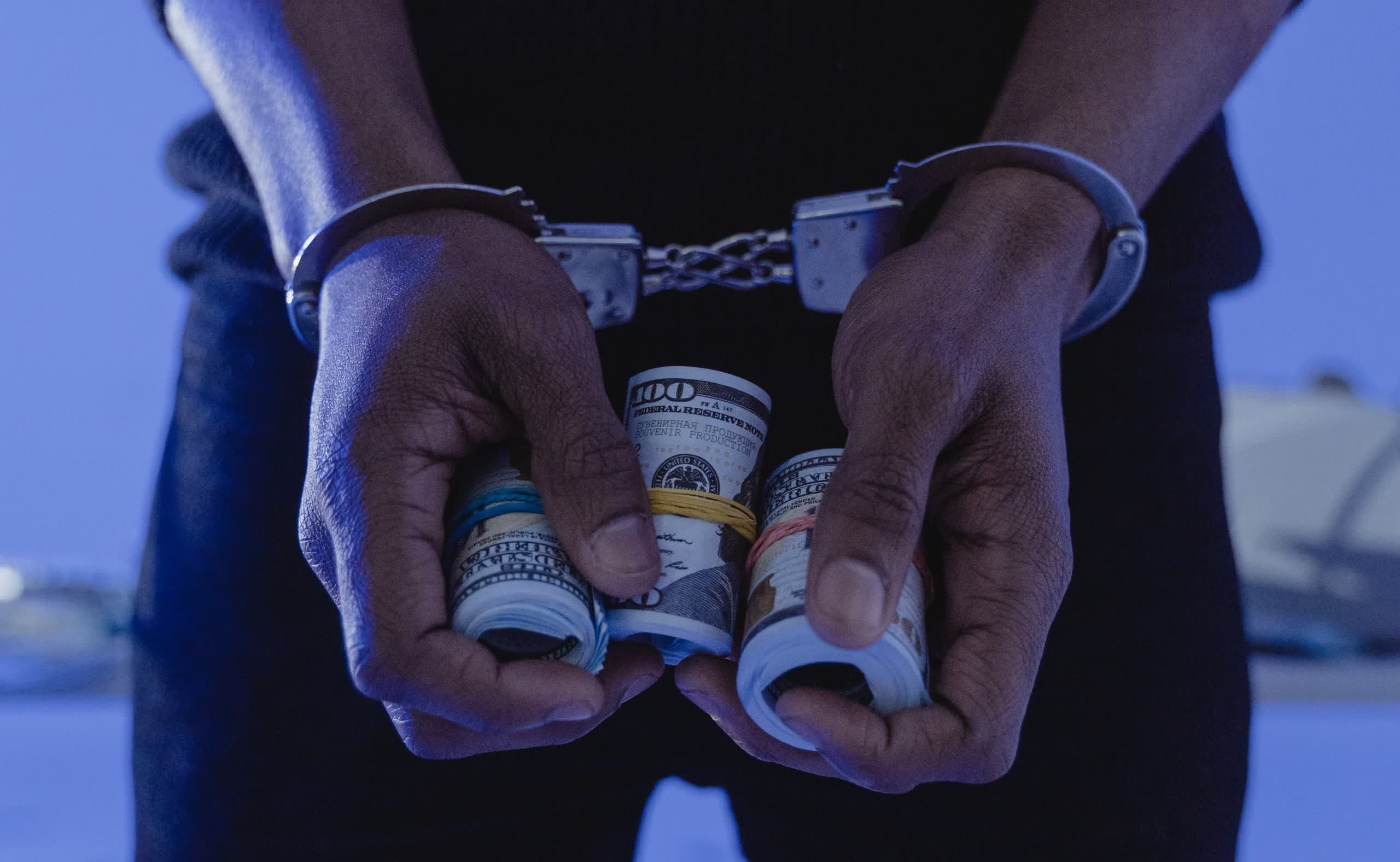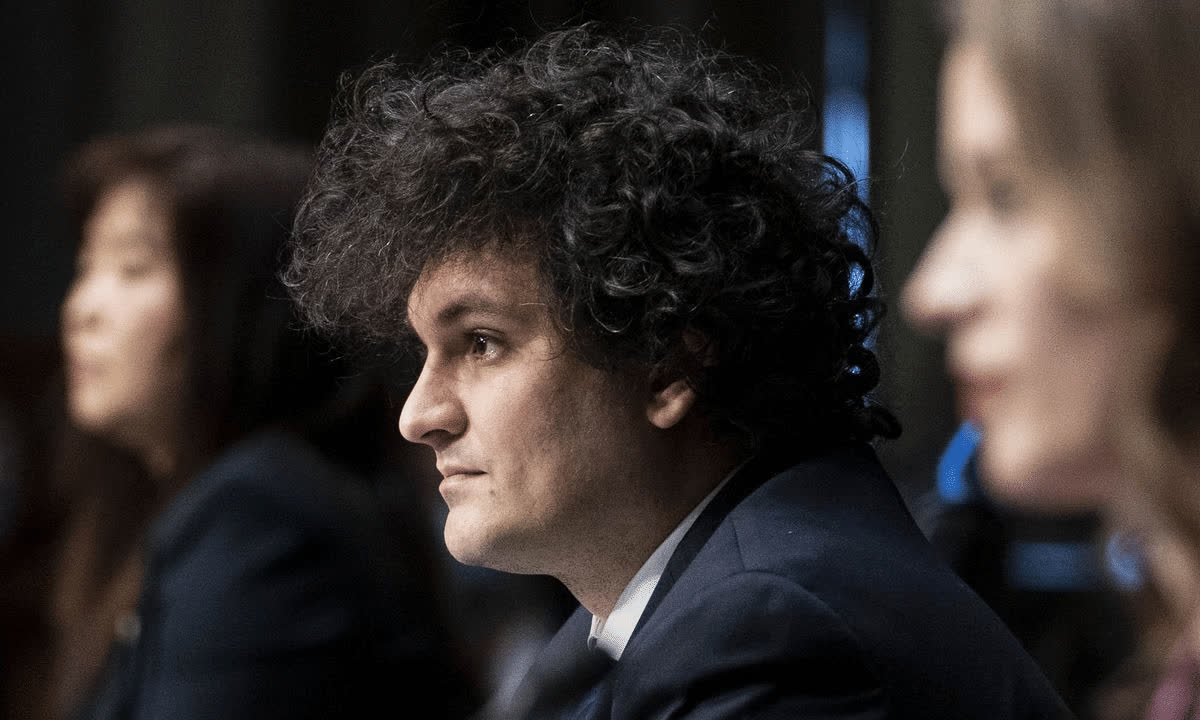What just happened? Sam Bankman-Fried, the founder of FTX and self-proclaimed "crypto king" who was found guilty on seven counts of criminal fraud and money laundering over the collapse of the once-popular cryptocurrency exchange, has been sentenced to 25 years in prison. Bankman-Fried faced a maximum of 110 years behind bars for his crimes.
On November 2, following a month-long trial, it took a jury around three to four hours to find Bankman-Fried guilty on the seven fraud and conspiracy counts related to the collapse of FTX and related hedge fund Alameda Research.
Bankman-Fried was convicted on charges of securities fraud, wire fraud and money laundering, as well as conspiracy to commit wire fraud and securities fraud. He had pleaded "not guilty" to the charges, but the 12-person jury found him guilty of stealing $8 billion from cryptocurrency customers while company investors lost $1.7 billion.
The sentencing guidelines range for Bankman-Fried were increased by Judge Lewis Kaplan after it was found that he had perjured himself at his trial and knowingly obstructed justice. Kaplan found that Bankman-Fried lied on the witness stand at his trial last year when claiming he did not know that his hedge fund had spent FTX customer deposits

It was always unlikely that Bankman-Fried would receive the full 110-year sentence, but prosecutors still wanted him to serve between 40 and 50 years. His defense team asked the judge for between five and six-and-a-half years.
At the New York sentencing, Bankman-Fried's lawyer said his client meant no harm to FTX customers. Lawyer Marc Mukasey said Bankman-Fried was not a "ruthless financial serial killer who set out every morning to hurt people."
Mukasey asked for a lenient sentence, arguing that FTX customers will get most of their funds back. Kaplan rejected his claim that investors would be paid back in full through the bankruptcy process.
"The defendant's assertion that FTX customers and creditors will be paid in full is misleading, it is logically flawed, it is speculative," Kaplan said. "A thief who takes his loot to Las Vegas and successfully bets the stolen money is not entitled to a discount on the sentence by using his Las Vegas winnings to pay back what he stole."
FTX's caretaker CEO John Ray III said that Bankman-Fried's claim that "the harm to customers, lenders and investors is zero" is "categorically, callously, and demonstrably false." He added that Bankman-Fried was living a "life of delusion."
Bankman-Fried said he will appeal his conviction and sentence, stating that he never intended to steal customers' funds. He apologized to his former colleagues at FTX during his sentencing hearing.
"They put a lot of themselves into it, and I threw that all away," Bankman-Fried told Judge Kaplan. "It haunts me every day."
"I'm sorry about that. I'm sorry about what happened at every stage. Things I should have done and said, things I shouldn't have," Bankman-Fried added.
When handing down the 25-year sentence, Kaplan said Bankman-Fried had shown no remorse for his crimes. "He knew it was wrong," Kaplan said. "He knew it was criminal. He regrets that he made a very bad bet about the likelihood of getting caught. But he is not going to admit a thing, as is his right." The judge added that Bankman-Fried's persistence and marketing abilities meant that it was "not a trivial risk" he would commit crimes again in the future.
